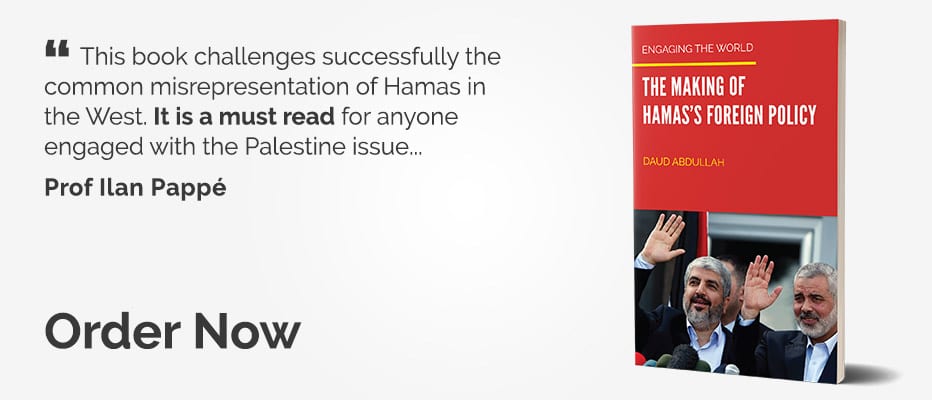The Central Bank of Egypt announced yesterday that remittances from Egyptians working abroad have decreased by 26.1 per cent this fiscal year.
During the first nine months of the 2022-2023 fiscal year, remittances were $17.5 billion, compared to $23.5 billion the previous year.
Remittances from Egyptians abroad are the largest source of foreign currency in Egypt, and the North African country is the fifth largest recipient of remittances worldwide.
Exports, tourism and Suez Canal revenue are the largest forms of currency after remittances. Income from remittances was higher than revenues from the Suez Canal and tourism combined in the 2021-2022 year.
Remittances from abroad plummeted in March 2022, after Egypt devalued the pound for the first time. The government has since devalued the pound a further two times.
In January, the value of Egypt's currency plunged to a record low against the dollar and inflation continued to surge.
READ: Egyptians suffer as heat wave continues across the Middle East and North Africa
Last year the International Monetary Fund (IMF) approved a $3 billion support package to Egypt in exchange for a series of reforms, including devaluing the currency.
Egypt is in the middle of a severe economic crisis and has been hit by the rise in global food prices which followed the Russian war on Ukraine.
In August 2022 Kuwait announced that it would lay off 750,000 Egyptian workers and suspend all contracts with non-nationals.
The decision to lay off the workers came as the global cost of living soared and families struggled to buy basic goods.
Most remittances from Egyptians abroad come from the Gulf, however, there has been a rise in the cost of living which has affected the amount sent home. Rental prices, supermarket food, sports and leisure have all increased in cost in the UAE and Saudi Arabia.
Egypt's external borrowing has quadrupled over the past eight years to help it fund a new capital, build infrastructure and buy weapons.
However, these grand projects, like the new capital, have not generated hard currency inflows and foreign investors have stayed away.

![People walk past the Egyptian Central Bank in downtown Cairo on 3 November 2016. [KHALED DESOUKI/AFP via Getty Images]](https://i0.wp.com/www.middleeastmonitor.com/wp-content/uploads/2020/10/GettyImages-620795616.jpg?resize=1200%2C800&quality=85&strip=all&zoom=1&ssl=1)

